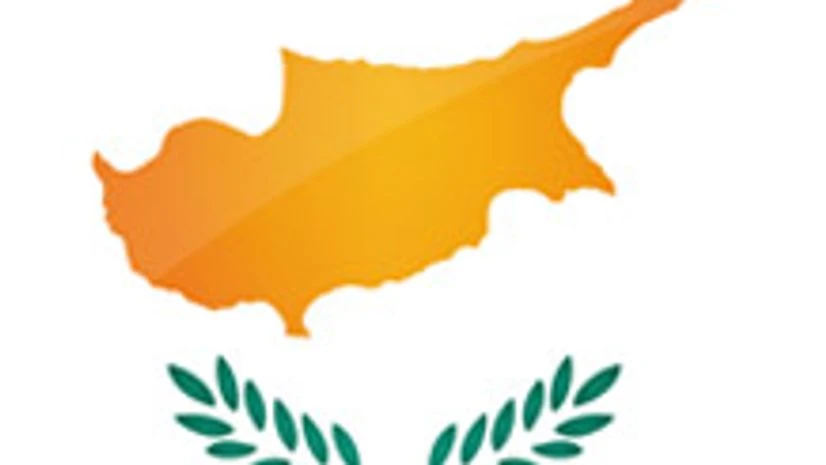With a razor-thin majority of just two votes, lawmakers approved terms accompanying 10 billion eurosin aid from the European Union and the International Monetary Fund (IMF).
In a show of hands, 29 lawmakers from the three parties in the centre-right government approved the motion, with 27 voting against. .
Government officials had warned the island would fall into chaotic default, unable to pay salaries or pensions, as early as next month without emergency funding.
"Unfortunately the (bailout) is a one-way street for us. It will avert disorderly default and gives, albeit with many hurdles, some prospect of getting us out of the storm," said Averof Neophytou, head of the governing right-wing Democratic Rally party.
The bailout was unlike any other aid deal, controversially forcing depositors to foot the cost of recapitalising banks exposed to debt-crippled Greece.
Also Read
Opposition parties argued that the bailout would keep Cyprus in perpetual bondage to foreign lenders.
"A 'yes' from Cyprus's parliament is by far the biggest defeat in our 8,000-year history," said lawmaker George Perdikis of the Greens party at an extraordinary parliamentary session opened on Tuesday.
"Its democratically elected representatives have a gun to their head to agree to a deal of enslavement," he said.
Cyprus, the euro zone's third smallest country, is bracing for at least two more years of economic misery and record unemployment as terms on the bailout start to bite.
Attempts to agree a deal triggered financial chaos last month when parliament rejected a plan to make both insured and uninsured depositors pay a levy to fund the recapitalisation of banks heavily exposed to debt-crippled Greece.
It was followed by a two-week bank closure. The fallback option was to wind down one of the banks, Laiki, and impose losses of up to 60 percent on uninsured deposits - over 100,000 euros - in a second, Bank of Cyprus.
About 300 demonstrators gathered outside parliament on Tuesday, calling politicians "thieves". One group brought along a fake gallows, which they said was for lawmakers.
Communist AKEL, in government until it lost presidential elections in February, said Cyprus should seek alternative forms of funding, including possibly an exit from the euro currency. The island adopted the single currency in 2008.
"We know leaving the euro is an equally painful option, but reinstating a national currency could offer prospects for growth in the future," AKEL leader Andros Kyprianou said.
AKEL had made the initial application for financial aid in June 2012.

)
